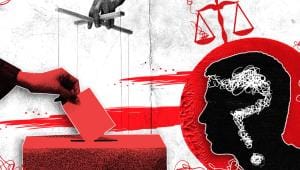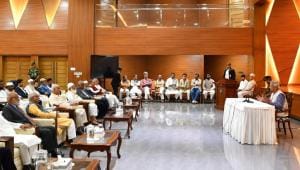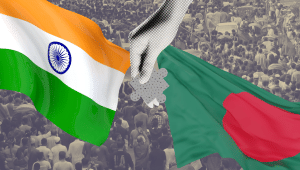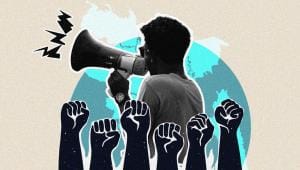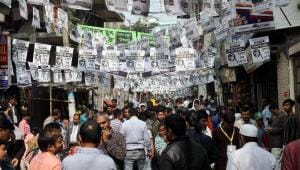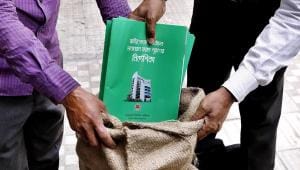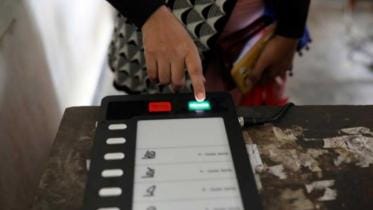How to avoid conflict of interest in resolving election stalemate
Ahead of the general election next year, it is likely that there will be political unrest, social instability and turmoil.
30 October 2022, 16:00 PM
Curbing money laundering through AI
East India Company colonised Bengal in 1757 when India’s contribution to the world’s GDP was about 27 per cent and Bengal (Suba-E-Bengal) was one of the wealthiest places on Earth.
16 August 2022, 03:45 AM
One SMS can save thousands of farmers
On February 7 this year, an article by Mostafa Shabuj in The Daily Star Bangla titled “Why can’t the government send timely weather information to farmers?” made me pause.
5 May 2022, 18:00 PM
Blockchain based “online voting system” for free, fair election
Talk shows are overwhelmed with discourses about the current political stalemate in Bangladesh. Most alarming is the fact that the obnoxious ecosystem of distrust, suspicion and corruption has plagued the very pinnacle of our society. Hatred and doubt amongst different competing political parties have gone so far that a trustworthy election is impossible unless the whole process of conducting an election is significantly overhauled.
31 January 2022, 09:41 AM
E-commerce conundrum: an alternative solution
Recently, there has been a hue and cry in the e-commerce sector of Bangladesh with massive allegations of fraud. Customers paid the e-commerce merchants for different goods, but they did not receive the product.
6 November 2021, 18:00 PM




